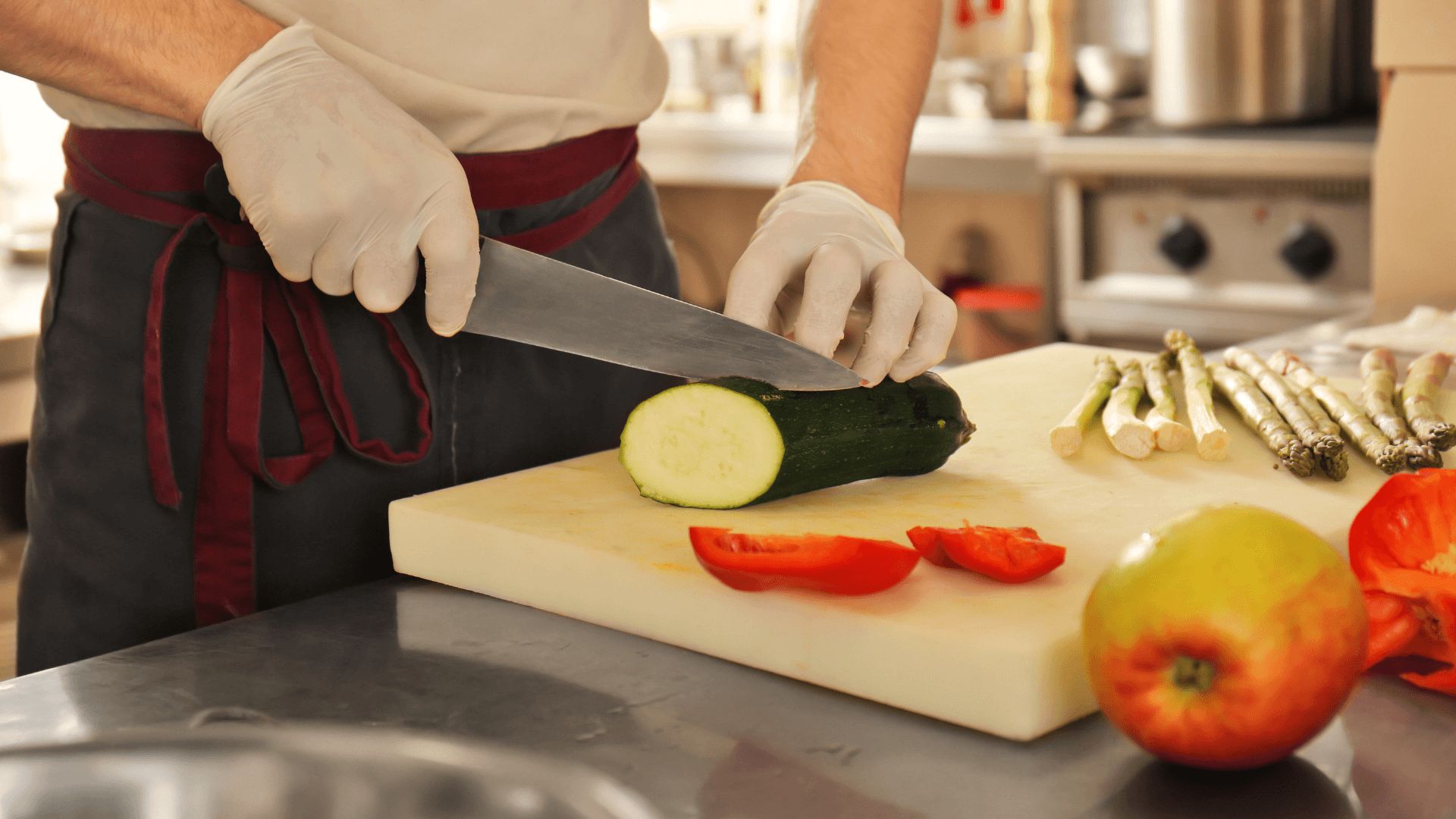How to Choose the Right Wholesale Food Supplier for Your Restaurant
Whether wholesale purveyors, green farms, or local food markets, a restaurant food supplier plays a critical role in delivering a memorable gastronomic experience.
There are many different sorts of restaurant food suppliers out there. Still, we’ll focus on those carrying produce and perishables such as fruits, vegetables, dairy, eggs, fish, and meats. Due to their limited shelf life, these products belong to a more sensitive portion of the supply chain. Therefore, to avoid spoils and wastage, it is essential to set up a steady stream and consistently refresh your inventory.
Choosing the right perishables and produce supplier is vital, as the quality of your restaurant’s services greatly reflects that of their goods. But figuring out how to efficiently fill up the inventory can be a pretty daunting task for new restaurant owners.
Essential Criteria for Choosing Your Wholesale Food Supplier
Naturally, restaurants and similar food-service businesses aim to increase their profit margins by purchasing produce at lower prices. But there are many other things to consider before settling for one supplier or the other. Wholesalers will try to showcase different features to show off their competitive edge, so it’s always good to know how to filter all the information thrown in your direction.
Let’s go through 6 guiding criteria for choosing your restaurant’s food suppliers.
1. Choose a Local Food Supplier
Looking for wholesale food suppliers near you must always be at the top of your list. Locally-grown products are highly sustainable and take a shorter route to your restaurants, so they’re bound to be fresher than those traveling long miles across the supply chain. Moreover, buying local is also buying seasonal. Picking the season’s bests for your dishes is something that clients greatly appreciate.
2. Consider the Supplier’s Product Range
Let’s lay out the cards on the table – today’s shortage economy has pushed us all to the limit. As lovely as it sounds, nobody has extra time on their hands to drive around food markets each morning hand-picking produce while chatting with farmers. That is because entire food-service sectors have been facing labor shortages without any clear resolution in sight. Given the circumstances, restaurants prefer to buy in bulk to cut costs and yield a higher profit margin.
Still, most food wholesalers will offer your quantity by default. The real value now resides in having quick access to quality varieties. Relying on a single food wholesaler for most of your restaurant purchases will save you the hassle that comes with procuring your ingredients from several different sources. More food suppliers equal more procedures, more room for misunderstandings and delays, as well as more fees adding up at the end of the day. It’s best to avoid that route and start off with a single grocery supplier.
4. Opt for Easily Accessible Services
That takes us to our next point: are the supplier’s products easily accessible? For example, do they only take orders via phone calls? Or do they have a fully functional online platform where you can instantly place or cancel your orders? Today’s market challenges have greatly accelerated the trend towards digitalization. Due to automated processes, increased reliability, and immediate access, wholesale food acquisition is taking an emergency turn towards the online domain.
Riviera, for example, has a fully optimized B2B platform for restaurant orders which contains all the functionalities required for prompt and easy purchases.
4. Analyze the Food Supplier’s Delivery Options
Variety and availability matter enormously. But even when you find a wholesale food supplier that carries most of the products in your inventory, you must pay great attention to their transportation practices. In short, be sure to carefully consider the type, speed, and price of delivery.
- What are the different delivery methods available on the supplier’s platform?
- Do they claim to be prompt, or do they experience significant delays? (keep an eye out for off-website reviews and testimonials!)
- And what about expenses? Do they offer free deliveries for orders exceeding a certain sum?
- Finally, are there any minimum order requirements or cancellation charges that you must know about?
Speak to potential wholesale food suppliers or directly check their websites to clarify these details and draw a fair comparison before making your choice.
5. Assess Quality Control Procedures and Industry Experience
Last but not least, it is clear as day that safety and quality are a given for any successful restaurant. Before you seal the deal, ensure that you’ve checked your food supplier’s licenses and quality control procedures.
As we’ve mentioned before, a best practice is to look for local businesses that work with local farms and offer quick delivery options (between 12 and 24 hours). This aspect is all the more crucial for perishable foods, as suppliers must ensure the freshness and quality of the groceries that end up on your restaurant tables.
Final Thoughts
A final bit of advice: start small and don’t make quality sacrifices. Suppose you opt for a country-wide purveyor (such as US Foods, Sysco). In that case, you’ll miss out on the personalized attention that comes with collaborating with a smaller, local food supplier.
If you’re looking for reliable & food wholesales around the New Jersey area, reach out to Riviera! We carry heaps of local fresh produce, groceries, and meats.

